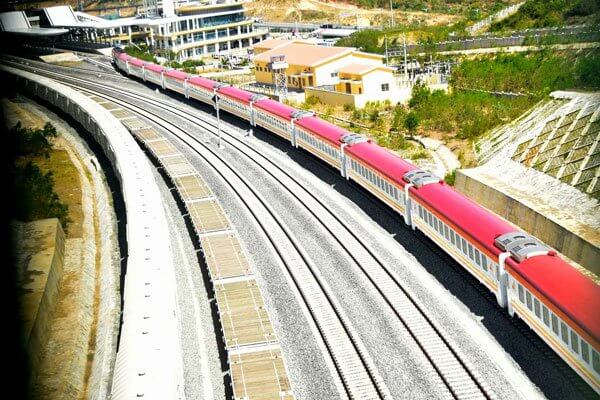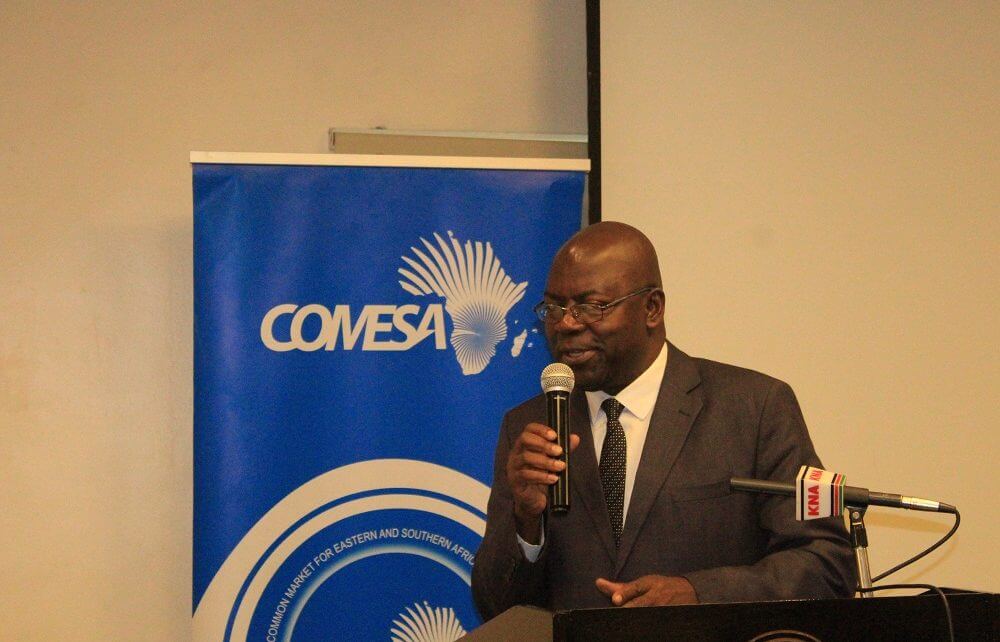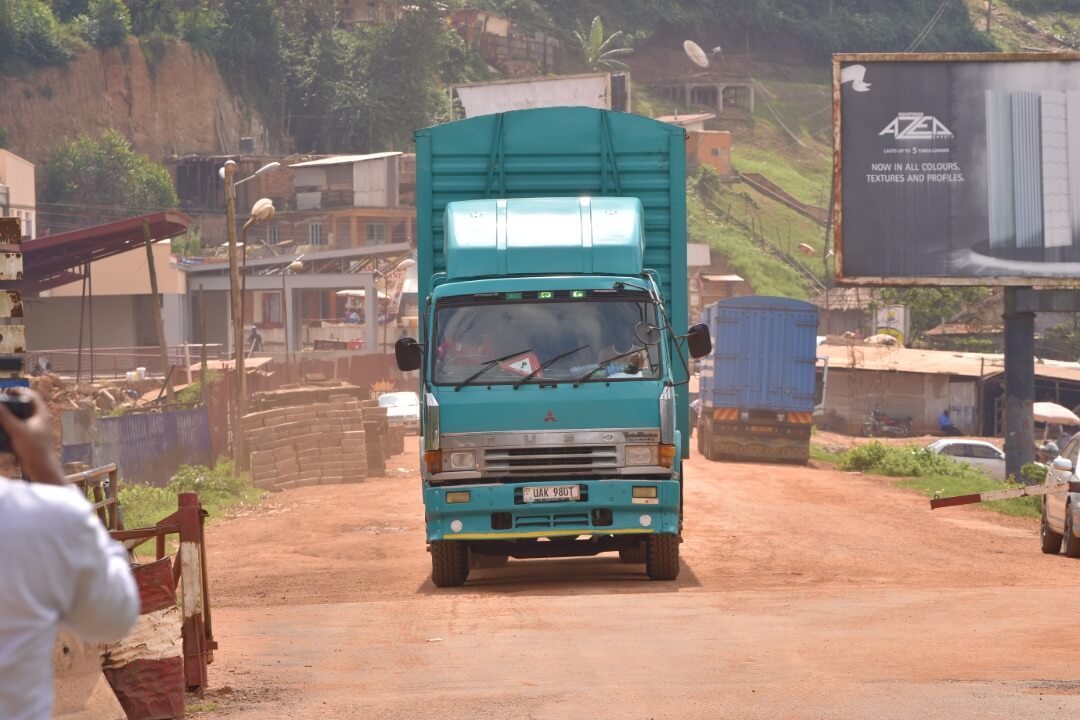The standard gauge railway (SGR) train in Kenya. Plans are underway to extend the planned Rwanda-Tanzania SGR to eastern DR Congo. PHOTO | FILE | NATION MEDIA GROUP A plan by Tanzania and Rwanda to extend the joint standard gauge railway line to link Kigali and Rubavu on the border with the Democratic Republic of Congo seems to have gained fresh impetus after President Felix Tshisekedi’s recent visit to Dar es Salaam. Kinshasa has given the green light for a feasibility study to be carried out to pave the way for the stretch to its eastern border. President Tshisekedi said in Dar es Salaam that the extension of the SGR to Rubavu will open up trade opportunities for the country which, according to a TradeMark Africa report, depends entirely on the ports of Dar es Salaam and Mombasa for its imports and exports. The detailed design for an extended line from Isaka in Tanzania to Kigali in Rwanda, covering 575km, was agreed on and both countries are going to finance the project at a cost of $2.5 billion, with Tanzania paying $1.3 billion and Rwanda $1.2 billion. Rwanda will incur another expense to cover the extended line to Rubavu. ASSURANCE President Tshisekedi assured President John Magufuli of Tanzania of increased volumes of his country’s exports and imports through Dar es Salaam, which will be connected with the SGR when is complete.
Rwanda-Tanzania SGR to go to eastern DRC
Posted on: June 28, 2019
Posted on: June 28, 2019




















